Posted by CBethM on April 1, 2025 in Author Posts |

I’ve always been fascinated by the intersection of commerce and art, the vertex where so much that I love—pop culture, genre, and kitsch—makes its home. A prime example is the merchandising-driven show, designed mainly to pitch toys to the kids watching at home. When I was young, this was the domain of the Saturday morning cartoon, of He-Man and Teenage Mutant Ninja Turtles and My Little Pony. Nowadays, it’s, well, the latest versions of all of these, and a few newer ones, like Monster High, that are themselves now several reboots deep.
To achieve their goal of selling toys, these shows have to do something beyond simply presenting stories for a young audience to passively absorb: they must teach them how to tell stories, to model in simple ways the fundamentals of plot and character and conflict so that they can go off to create their own adventures—and shell out for the official toys to do it with, of course.
We have here the encouragement of creative play, an invitation to a young audience to become storytellers and a toolkit for doing so. It’s a introduction to the ephemeral first fanfictions of childhood, the ones that aren’t written down, but lived in the moment through a child’s hands and voice. There’s something beautifully fundamental to human culture here, and yet there’s also an overt profit motive—the paradox of all commercial art. (Unboxing Libby, available through all major online booksellers and in stores, preorder today!)
Because these characters, and the toys behind them, are intended for beginning storytellers, they tend to be simple archetypes. Pinkie Pie is a goofball. Frankie Stein is the new kid. Raphael is cool, but rude. In a long-running series, and especially in recent years, they might develop more complexity, but they’re archetypes at their core.
Unboxing Libby takes place in a future where sentient robots are sold as consumer goods, and follows a member of a product line called A.I.Cademy Girls, designed as friends for children. Each A.I.Cademy Girl has an archetype that they’re expected, and programmed, to live up to – there’s even an animated show which presents the official, canonical version of the characters. Robin is the sporty one, Wendy the smart one, Izzy an environmentalist, and Libby, the model for the book’s main character, is relentlessly nice and peppy. There’s a villain, Roxanne, created to be an antagonist for the others. In this book, I wanted to take tropes familiar from the pop culture world of toys and cartoons and use them to explore the idea of self-willed, complex beings struggling with societal expectations to be two-dimensional. What does it mean to be handed a script, pointed at a cartoon character, and told “this is who you are – not just as a game, not just temporarily, but for real, and forever”?
The premise could be taken as an allegory for a lot of different things, and I hope it’s one that resonates with readers of all kinds. There is a specific personal element I drew on in the writing, though, and it’s gender identity.
I’m an outsider to gender—I’ve never experienced whatever it is people are feeling inside them that tells them what they are. (Decades ago, before I learned terms like “nonbinary” and “genderqueer”, I described this as like missing a compass everyone else was born with.) From outside, gender mostly looks to me like a list of things you can’t do. Boys can’t do this; girls can’t do that. Boys can’t be vulnerable; girls can’t be angry. Boys can’t have close emotional relationships; girls can’t have important jobs. Gender often manifests as a demand that you cut yourself off from an entire swathe of possibilities in life – that you put yourself in a box, stop trying to escape, and embrace the archetype you’ve been given, even when that means not being a complete person.
Recently, more and more people have been looking at this system and flatly rejecting it. Even people who do experience gender identity are questioning the premise that someone else gets to tell them what their gender means about who they are or how they should live. I wrote Unboxing Libby in the hopes of a world where identity is descriptive, not prescriptive, where who we are is something more than a box to squeeze ourselves awkwardly into.
Like the toy companies, I’ve got something to sell (in my case, it’s a book, and did I mention that compared to most toys it’s both more intellectually stimulating and hurts less to step on barefoot?) But I’m also trying to show kids that they can be tellers of their own stories, not toys posed and defined by someone else’s hands. They can take the simple labels they’ve been presented with and build something better with them.
And hopefully have some fun along the way!

Steph Cherrywell is a nonbinary librarian, author, illustrator, and game creator in the Milwaukee area. They have previously written and illustrated the YA-and-older graphic novels Widgey Q. Butterfluff and Pepper Penwell and the Land Creature of Monster Lake, and written and programmed the award-winning text adventures Brain Guzzlers from Beyond! and Zozzled. They love comics, science fiction, roleplaying games, and exploring the city by bicycle.




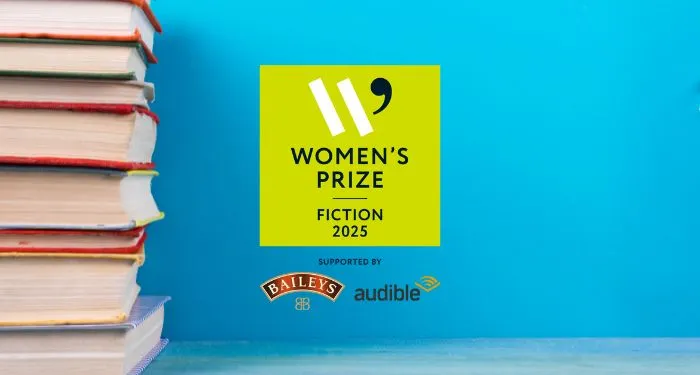



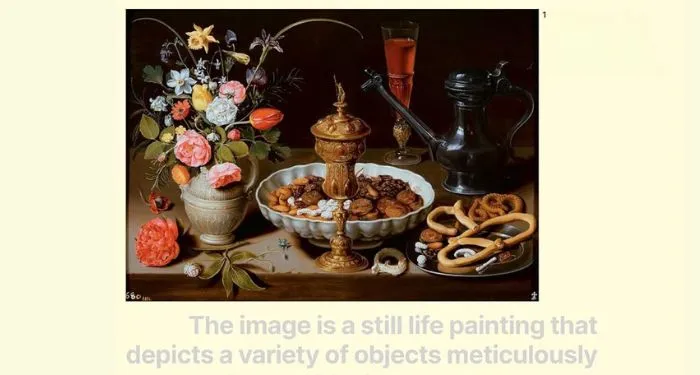


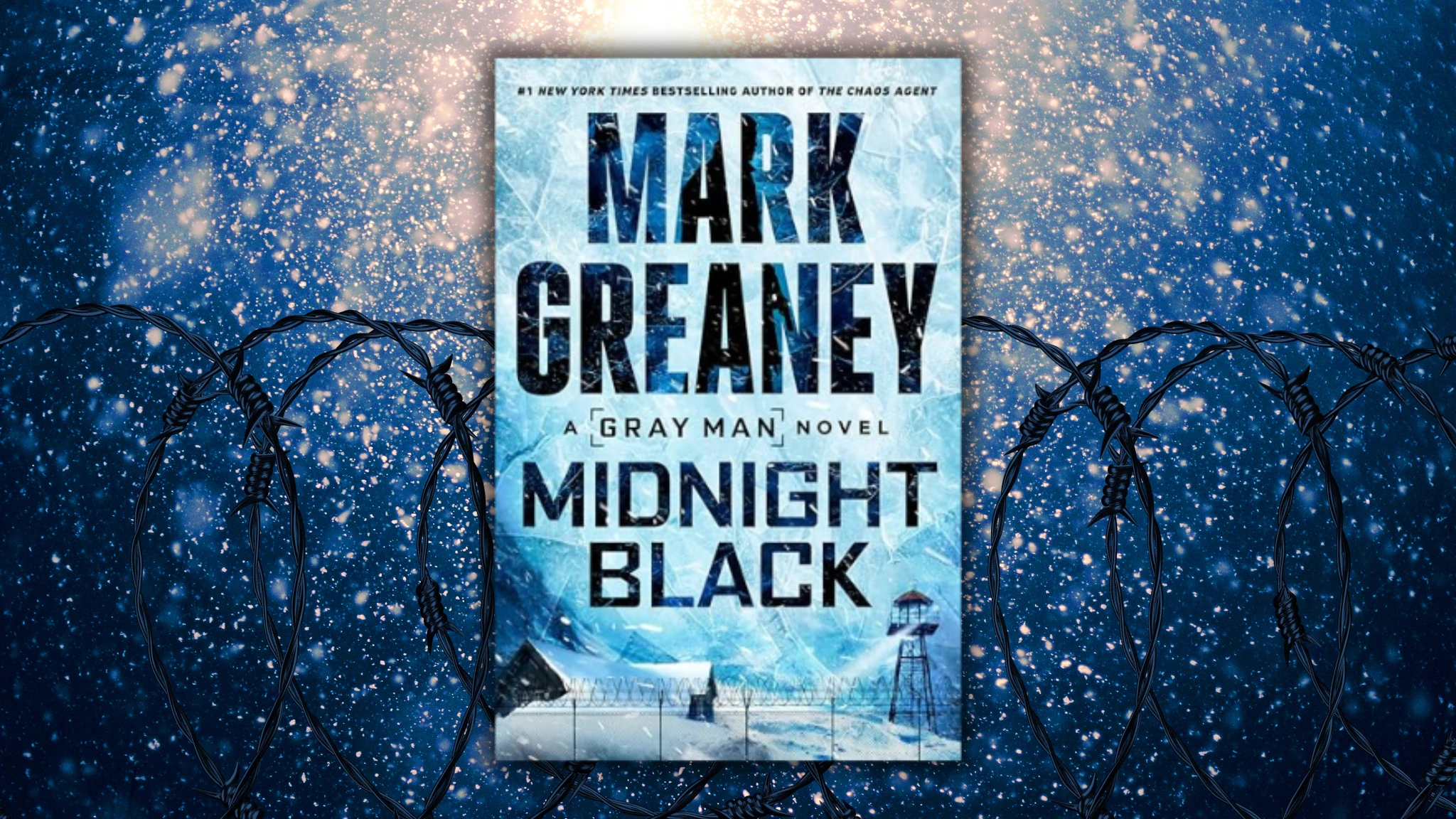


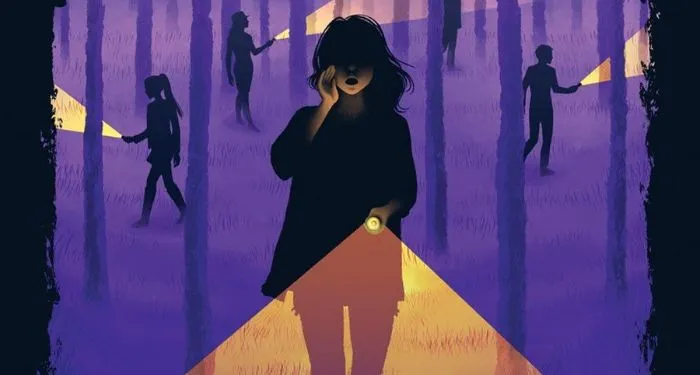
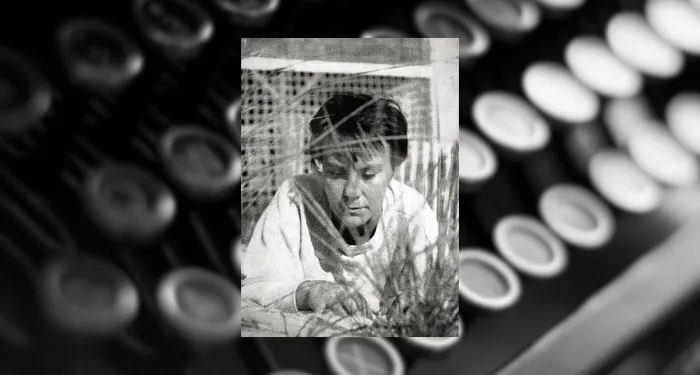
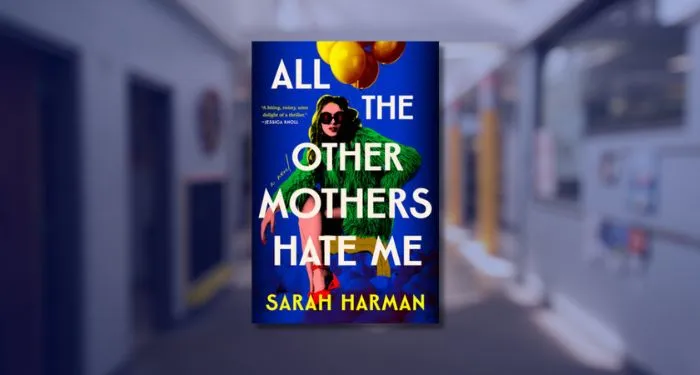
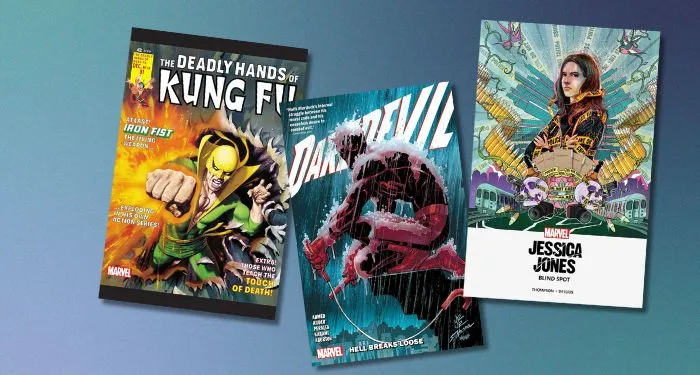
 English (US) ·
English (US) ·